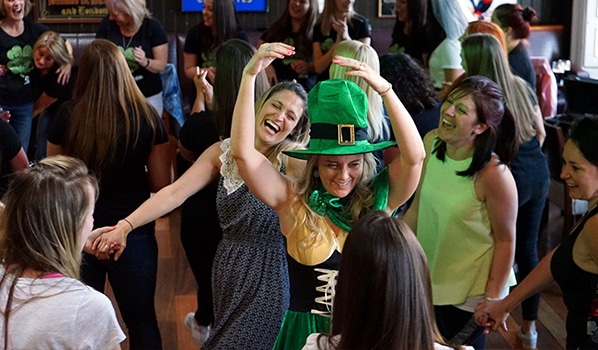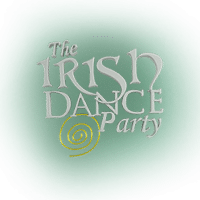Celebrating Irish Festivals: A Year-Round Guide to Cultural Events

There are many festivals in Ireland, as it is a country of a rich cultural heritage, traditions, numerous holidays, and celebrations which vividly present the people’s history and colourful creativeness. This article functions as a handbook, offering a year-round tour across the Irish festivals, pinpointing what is going on in them, what their traditions are, and, mainly, why they are an invariably existing element of Irish culture.
January – New Year’s Festival Dublin
The New Year’s Festival Dublin opens the season with much fun and frivolity, painting Dublin with sparkling lights, music, and unimaginably fun-filled street parties. During this three-day festival, there are other featured activities that include staging various music concerts, street performances and a New Year’s Eve countdown when the fireworks are shot in the air.
February – St. Brigid’s Day
which is celebrated in honour of the patroness of Ireland. The festivities give a tiny illustration of both the spiritual as well as farming roots of Ireland so there is something sober but also festivity about this celebration.
March – St. Patrick’s Festival
Without a question, the most notable event is St. Patrick’s Festival. It is held annually in March. At the heart of the festival is the iconic St. Patrick’s Day Parade in Dublin, a spectacular showcase of Irish creativity, folklore, and community spirit. Colorful floats, traditional Irish music, and dance groups fill the streets, creating an atmosphere of joy and celebration.
May – Fleadh Nua
This is an exciting and innovative festival, full to the brim with traditional Irish dance and music. The participants are introduced to the core of Irish heritage. Clearly this is a very dynamic festival, which will bring joy and leave lasting memories.
June – Bloomsday festival
The date chosen for the celebration has a special meaning; Bloomsday, depicted in Joyce’s masterpiece ‘Ulysses,’ falls on June 16th and is used as a literary commemoration of the novel. Participants in the celebration dress traditionally and follow the steps taken in the novel by the characters through the streets of Dublin.
July – Galway International Arts Festival
Galway International Arts Festival transforms the central streets of Galway into a mesmerising tapestry of artistic expression. This festival, a celebration that transcends conventional boundaries, showcases an array of artistic forms, including theatre, music, visual art, and captivating street performances.
August – Puck Fair Festival
This is one of the oldest festivals in Ireland. The festivities focus on the crowning of a mountain goat of the puck in the wild and involves various parades, where music is played, and at the same time traditional entertainment is enjoyed.
October – Wexford Festival Opera
The festival was created in 1951 and is one of the most known and regarded festivals. It has an honoured name among the connoisseurs of opera art. This festival attracts opera lovers and artists from all continents.
December – The Winter Solstice
The Winter Solstice occurs when the sun is at the position that will make it the shortest day of the year. This, for example, happens at Newgrange where people gather to welcome the shortest day of the year as one of the things that they did in ancient times.
The country’s festivals offer an exciting voyage through the cultural tapestry of nation music, literature, art, and history of Irelands. And if you are in Ireland and miss any of these celebrations, you can go to the Merchant’s Arch, which is in the centre of Dublin, and watch the Irish Dance Party shows, watch how award-winning professionals dance, listen to some traditional Irish music, even learn some dance moves and be the part of an amazing Irish show. With this permanent guide, both the locals and the visitors will be transported back in time to relive the glories of Irish festivals, music, dance and culture.
